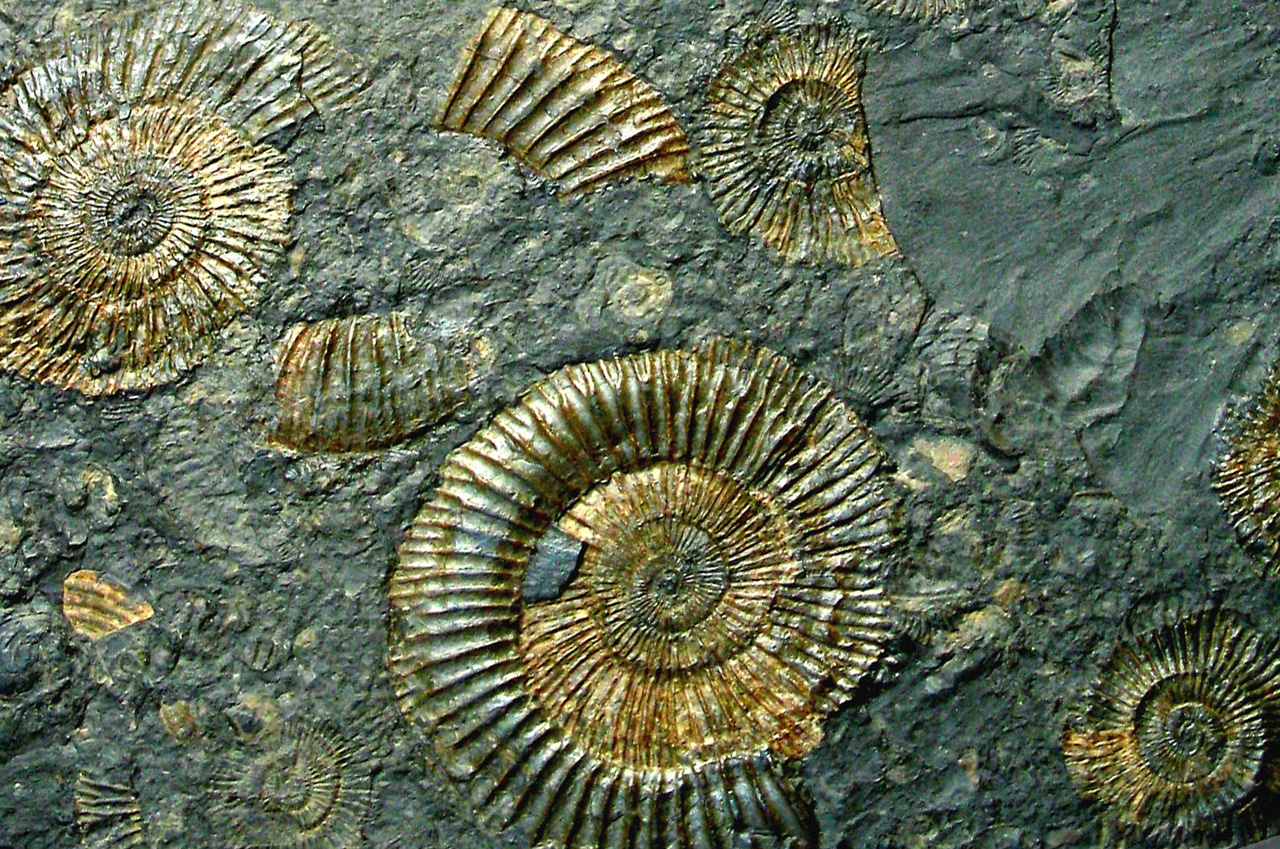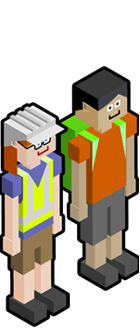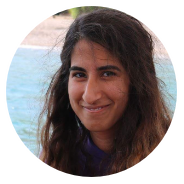

Postdoc
Researcher
Researcher

Rehemat
Job title: Postdoctoral Researcher - Foraminifera Geochemist
What does a Foraminifera Geochemist do?
I am a hybrid micropalaeontologist and geochemist. A micropalaeontologist studies microscopic fossils, and a geochemist analyses the chemistry of geological materials. I use the chemistry of fossil species of foraminifera, a type of plankton with a calcium carbonate skeleton, to understand more about their ecologies and climate millions of years ago (palaeoclimatology). Different chemical elements can help me understand how hot the oceans were, whether some species of plankton lived closer to the surface of the ocean or further down in the water column, and even how much ice there was on land! I wash sediment samples, identify the plankton hiding inside, then analyse them for their chemistry and try to understand the data they produce.
What formal qualifications and previous work experience did you need to get your job?
When I was a teenager I did some work experience at the Natural History Museum, London and The Royal Geographical Society. Having had a super positive introduction to Earth Sciences through these experiences, I decided to do an undergraduate MSci degree in Geoscience at Royal Holloway (University of London). During my undergraduate degree I did several internships. I interned at a structural geology company, biostratigraphy company and a summer research internship focused around foraminifera and palaeoclimatology working with a PhD student in Kiel, Germany. I also volunteered at the Natural History Museum throughout the final years of my undergraduate degree. These last two experiences made me realise I could combine my love of geochemistry and ocean sciences, and I subsequently decided to do a PhD at University College London.
What other skills or characteristics do you need in your job?
- Always be curious
- Always be persistent
- Understand how to communicate your science to non-specialists in an enthusiastic way
- Have good attention to detail for taxonomy
- Know the importance of collaboration and networking. You never know when your mass spectrometer will break and you will need to contact another lab to use their instrument!
What sort of organisation do you work for? Where else could you work as a Foraminifera Geochemist?
I work at a university, but those with my background can also work in many different sectors, including the oil industry (as a biostratigrapher, using foraminfera to date rock formations), analytical instrument companies, science policy and publishers. Science communication is also popular, but this is definitely applicable as a career path across geological facets! Working in the third sector (i.e. with charities and NGOs) within Trusts and Foundations/Major Donor Fundraising is also possible, because all researchers have the ability to network, collaborate, project manage, build relationships with others and write grant applications concisely.
What do you enjoy about your job?
- Foraminifera are beautiful and each time I have microscope work to do it is a joy to see them.
- I enjoy being able to talk with young people about what I do. It’s really rewarding to inspire the generation to go into STEM and sometimes even helps me figure out what my data mean!
- I like how no two days are the same. Sometimes I’m doing labwork, sometimes I am writing and sometimes I am reading about all the new and exciting science that is going on in the field. Whilst the dynamic-ness of being a researcher can sometimes be challenging in terms of work/life balance, my lab group are really supportive and I’m so lucky to be working with them.
What opportunities do you have to develop your skills in your job?
In my postdoc and PhD, I went to summer schools and workshops focused around Earth and ocean sciences in some really cool places, including Israel and Italy. I also went to international conferences to present my data, and regularly did outreach presentations to young people. I also had the opportunity to attend workshops focused around science policy and diversity and inclusion in the geosciences. It’s definitely important to go to a variety of professional development courses, because if researchers decide academia is not for them at any point in their career, they have evidence that they have some training for other sectors.
What advice or extra information do you wish you’d had before starting this career?
- Writing is a big part of being an academic, and it can be really challenging. But the first draft of anything will never be perfect, and words down on paper is much better than no words at all!
- No two days are the same when you are a geoscientist.
- Even if you don’t pass an exam early on during undergrad, this doesn’t define who you are. There are always more opportunities to do better next time.
- When you say you’re a geologist, sometimes people will be surprised by this. But it’s not weird to like rocks and fossils. Geologists and ocean scientists study some of the oldest things on the Earth, go to some absolutely amazing places (for work!), and unravel the stories of the world around them.